How to Travel Long-Term as a Minimalist
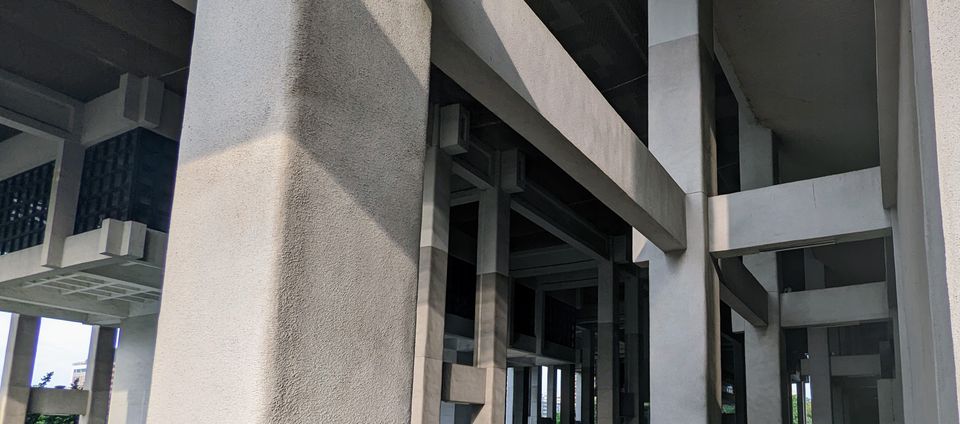
Long-term travel can seem like a daunting experience for those who haven't tried it. Minimalism is a way of living that makes this experience much more manageable. Minimalists have a lot of the skills associated with long-term travel. It's not all about how little you bring with you.
Long-term travel and minimalism have a symbiotic relationship. When you embrace minimalism in how you live your life, it allows you to travel more efficiently and be more mindful of the experiences you acquire.
Table Of Contents
Setting The Record Straight
Packing For Travel As A Minimalist
Travel Activities As A Minimalist
Conclusion
Setting The Record Straight
I've spoken before about minimalism and alternative living. I want to preface this post with the acknowledgement that minimalism isn't only related to the items you own. It also includes how you live your life. From the decisions, you make on how to spend your time, to what you are willing to spend money on, minimalism while travelling can be a freeing experience.
There is no set way to travel as a minimalist. Much like frugality, perhaps you chose to not spend a lot on your accommodations, but instead choose to spend frivolously on dining out. Minimalism might mean taking concepts from many different ways of alternative living and incorporating them into a lifestyle that makes you more happy.
For me, I incorporate frugality, essentialism, and simplicity into a package that I consider to be my way of living as a minimalist. I've gone through many attempts at being a minimalist and every time I've learned more about what aspects I enjoy. I don't fit the stereotypical definition of a minimalist in some ways, but in others, I am considered an extreme minimalist.
Do what's best for you and makes you the happiest. If you love bringing a suitcase full of dresses when you travel, then do it! There is no "one size fits all" solution to enjoying travel. Instead of a direct answer, I simply want to share how one person saw the world and experienced long-term travel.
Packing For Travel As A Minimalist
The first benefit of long-term travel as a minimalist is how you might pack. Typically, a minimalist would pack only the essentials. Minimalists might also pack in a way that they incorporate techniques to solve issues like bringing enough clothes to last two weeks, or being able to work while travelling.
What you choose to bring dictates how mobile you will be while travelling. The packing difference between a weekend and multiple months of travel isn't all that different. You pack what you'd need on a daily basis, and then some items to cover multiple different types of occasions. Be it a hike, or a nice dinner. Of course, toiletries, electronics, documents, clothing, and a few other items are necessary no matter the length of the trip. Not bringing a separate outfit for every day and every occasion is likely something a minimalist would do. Also, being mindful that almost anything can be purchased on location is another great tip.
Some tricks that minimalists use to ensure they travel light are common sense, but not often practiced. A minimalist would likely choose to wear clothing that would be considered a capsule wardrobe. This is beneficial because it allows you to take out a lot of the effort on clothing choices. A lot of the items you wear will go together without any fashion faux pas. Another trick is knowing that you can do laundry while travelling. Sure, it takes time, but it's cheaper than paying for more baggage when flying. It's also easier to travel with fewer items and not have to drag a suitcase through a beach boarding of a fast boat to some island. Minimalists can do laundry in a sink, in the shower, or even if a fancy tool like a Scrubba which allows you to wash items in a dry bag (and acts as a dry bag when not in use ).
The choices of what you bring along can also vary depending on what you view as critical. A minimalist would try to pare down their electronics since they tend to weigh the most. It is typically a big debate about whether someone needs to bring a laptop or not. Usually, most things can be done with a phone, so that is the minimum one should bring. It makes sense to incorporate as much as you can into your phone like books, journals, email, and task lists. Of course, there are situations where you must bring a laptop and other electronics. Things like a mouse, a laptop stand, and a light wireless keyboard can all increase your productivity and be a good trade-off for increased productivity instead of travelling lighter.
During my long-term travels. I had pared down my wardrobe a lot to the bare necessities. I'm happy with my choice to have three of the same t-shirt to wear daily. I found a lot of joy in making sure what items I was bringing could be used in multiple ways, like the button-down shirt that also acts as a sun shirt for those times when I was smart enough to avoid sunburns. I also weighed my options of bringing a laptop. Since I had cut weight so drastically in most other categories like not bringing a book, or a physical journal, and the knowledge that I would be writing a lot while travelling, it made sense for me to bring a laptop. I'm glad I did, as I couldn't imagine writing as much as I have been with just my phone.
I'm glad I brought my headlamp. While I did have a phone to act as a flashlight, it came in handy when cutting my nails in poorly lit bathrooms and walking along streets without sidewalks in the middle of the night. Also, I'm glad I brought some winter items like a hat, gloves, and neck gaiter. I fully intended to travel to warm climate areas where I would definitely not need these items, but I wanted to make sure I didn't make the same mistake as in Hawaii where I wasn't able to hike for long due to it being so cold on some of the summits.
Another great way to pack less is through a concept called a capsule wardrobe. It helped me become more prepared and more happy with the clothing choices I brought along throughout my travels.
Travel Activities As A Minimalist
The second benefit of minimalist travel comes from how you chose to spend your resources. Typically, minimalists have some frugal aspect to their decision-making. They typically don't go to a destination just because it's trendy. They will also be intuitive with the things they spend their time and money on while away.
A minimalist might choose to make decisions that would be considered more frugal and environmentally conscious. Choosing to take a bus or a train might be slower, but ultimately it leads to less emission than flying from destination to destination and costs less. It also allows for a deeper sense of experience in the place you are travelling.
Doing things because you truly want to is a form of minimalism. Spending money to see a city from a tall building, or spending time getting to a beach that is heavily overcrowded might be something a minimalist chooses to avoid. Understanding what you truly enjoy and want to see will allow you to make better decisions on how you spend your time and money.
While I initially made decisions on where to start my travels based on what was trendy, I learned a lot about what I actually enjoyed while being abroad. I started making fewer decisions based on other people's recommendations and made more decisions on what I thought would make me happy.
I began seeing fewer restrictions this way too. While companies might have offered a tour for two, I started going on them alone to spend more time with the guide or meet others who were going in the same direction I was. I always met wonderful people through all of these. I also stopped going to sights just because they were highly regarded or because they provided a good Instagram photo spot.
Since I was also trying to keep up with "work" and adulting tasks, I often found myself basing my adventures out of a coffee shop for the day. I would wander around a city and find a nice place to work and then plan the remainder of my time from that location. Keeping an open schedule like this allowed me to experience things I wouldn't have otherwise. Not sticking to guided tours and high tourist areas allowed me to experience more culture and see places the way a local does.
Conclusion
Travelling as a minimalist can be a rewarding experience. The understanding that when packing for a week, you're also packing for a year helps with knowing what items to bring. Also, making more conscious decisions about how to spend your time and money makes travelling more meaningful and personal. Being more in tune with these allows you to enjoy your travelling in greater depth.

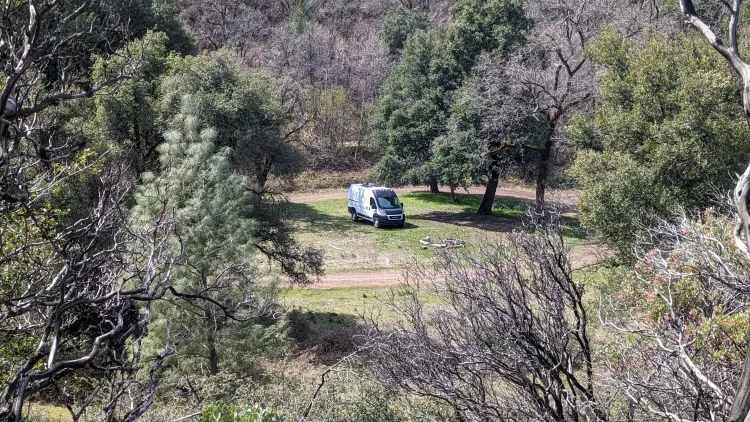
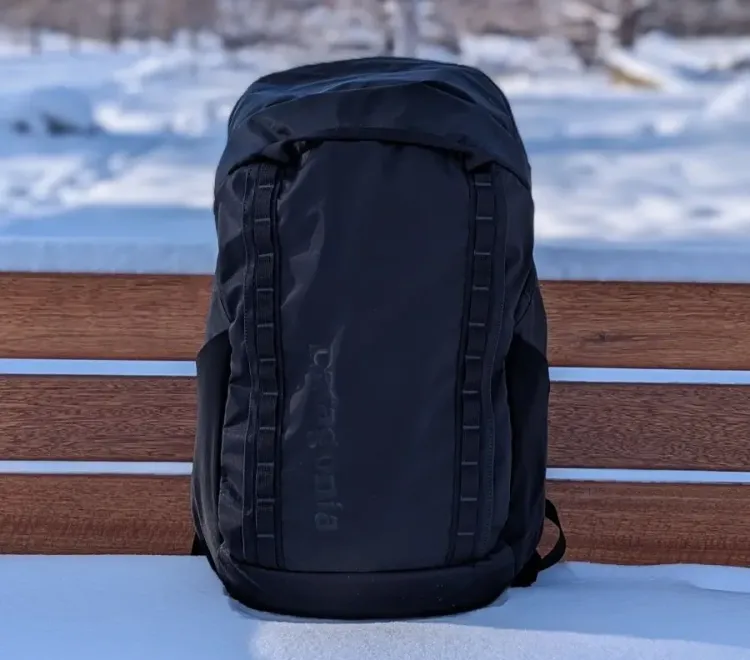
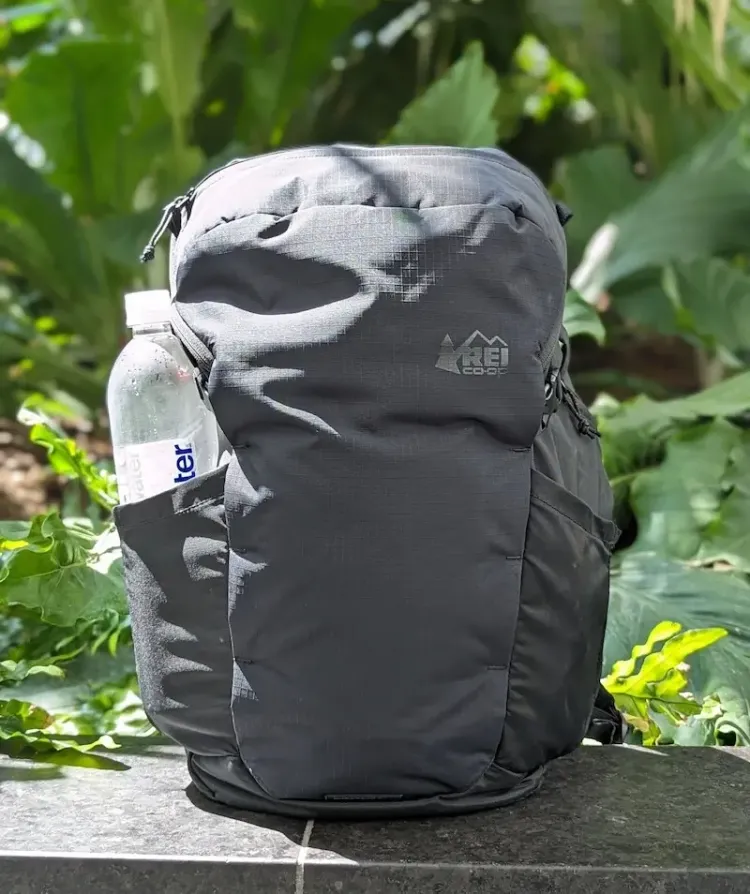
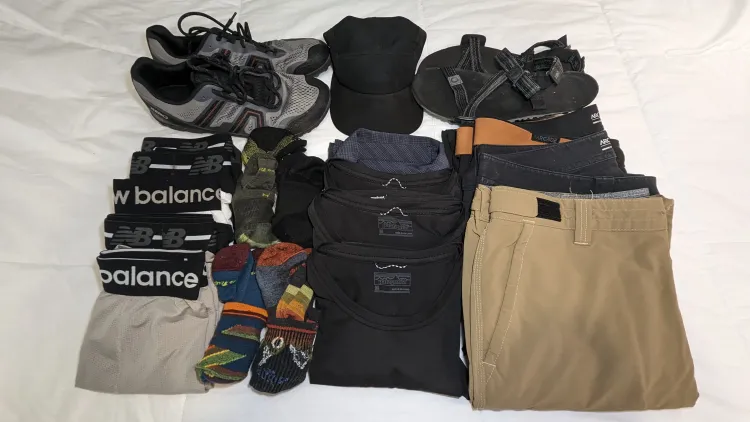

Member discussion